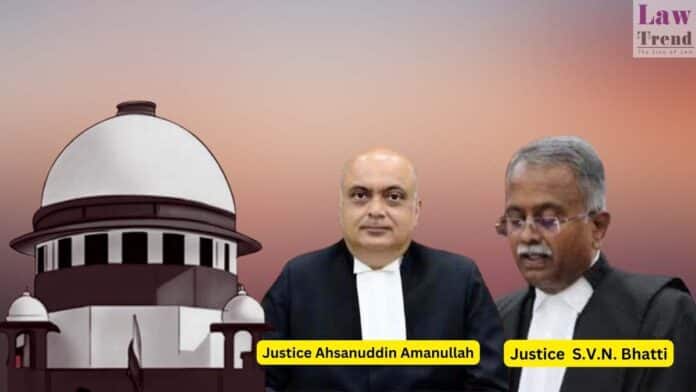The Supreme Court of India, in a significant ruling on civil procedure, has held that allowing a defendant to file a reply or defence in a summary suit under Order XXXVII of the Civil Procedure Code, 1908 (CPC) without first obtaining ‘leave to defend’ from the court is a procedural deviation that “goes to the
To Read More Please Subscribe to VIP Membership for Unlimited Access to All the Articles, Download Available Copies of Judgments/Order, Acess to Central/State Bare Acts, Advertisement Free Content, Access to More than 4000 Legal Drafts( Readymade Editable Formats of Suits, Petitions, Writs, Legal Notices, Divorce Petitions, 138 Notices, Bail Applications etc.) in Hindi and English.




